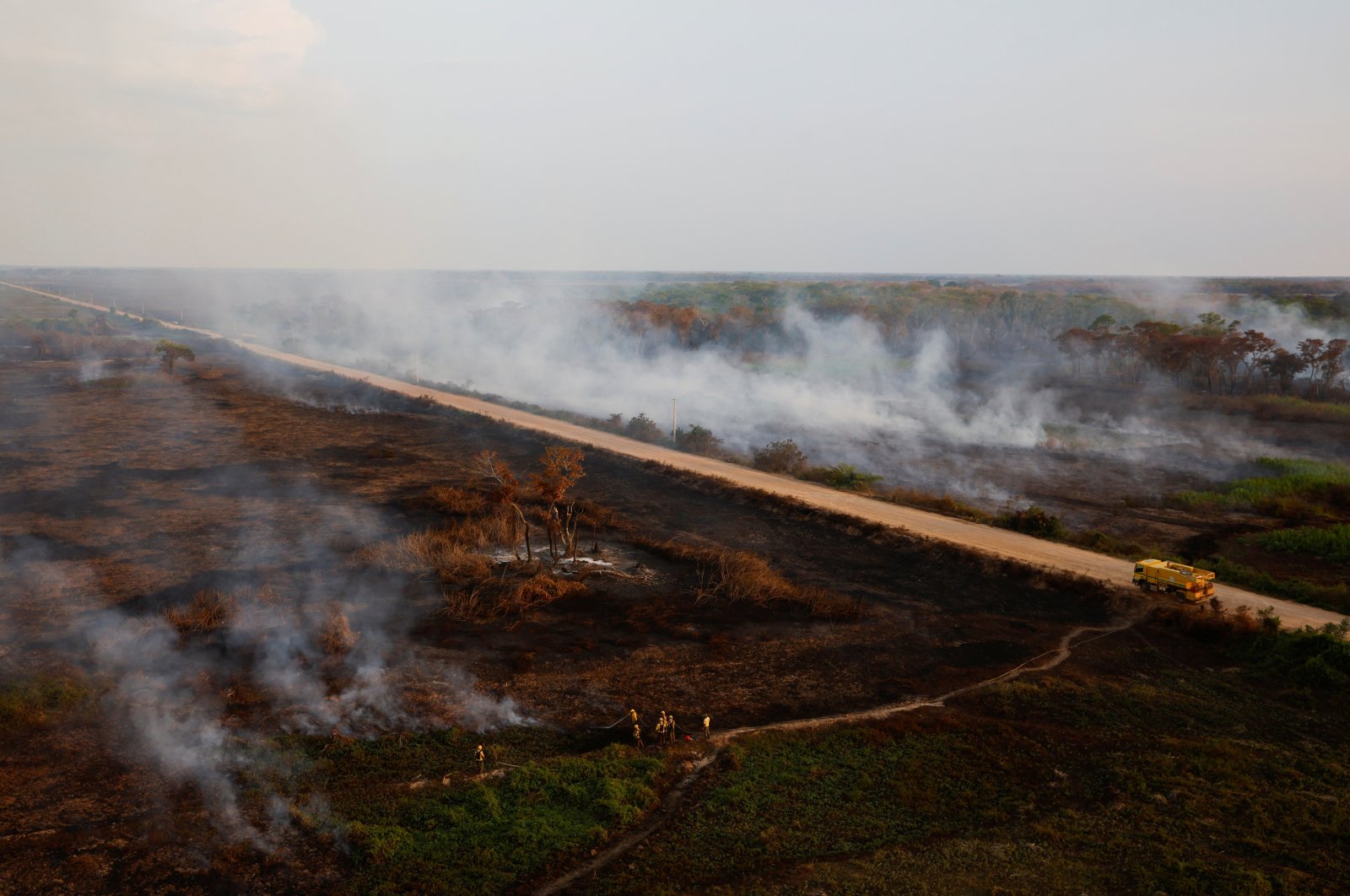
Ten leading development banks committed to intensifying their climate initiatives at the U.N. climate summit COP28. However, there was no mention of discontinuing financial support for projects related to fossil fuels, a document reviewed by Reuters news agency revealed.
In a statement to be announced at the event in Dubai, the group, including the World Bank and regional peers, said the window of opportunity to secure a liveable planet was "rapidly closing."
Calls to overhaul the way the banks are run in response to the climate crisis have picked up amid record extreme weather events, and while the group disbursed a record $61 billion in finance in 2022, it remains just a fraction of what is needed.
With global emissions rising and despite United Nations Secretary-General Antonio Guterres telling world leaders on Friday that ending fossil fuel use was the only way to save the planet, the statement made no direct mention of the issue.
To date, the European Investment Bank is the only one of the signatories to sign the so-called "Glasgow Declaration" and committed to stop lending to fossil fuel projects, with burning of the energy sources responsible for the bulk of human-induced greenhouse gas emissions.
Going forward, the banks said they plan to agree to a common approach to tracking and reporting climate impact and would scale up the use of analytics to help countries identify priorities and investment opportunities.
A new, joint Long-term Strategies Program, hosted by the World Bank, would coordinate support to help countries and sub-national entities develop plans around issues including decarbonization and climate resilience.
The group also pledged to help countries set up platforms to encourage a "collectively reinforcing combination" of support including policy reform, finance and technical assistance.
To attract more private capital, the group said it would look at activities including removing "distorting" subsidies and developing pipelines of green projects.
The banks planned to scale up finance to help countries adapt to the impacts of climate change, including through boosting support for disaster risk management, disaster preparedness and capacity building.
They also planned to "strengthen collaboration" across nature, water, health and gender
"Reflecting the urgency and scale of the issues to be addressed, we are boosting our joint action on climate and development, strengthening our collaboration to scale up finance and enhance results measurement, strengthen country-level collaboration and increase co-financing and private sector engagement," the statement said.
